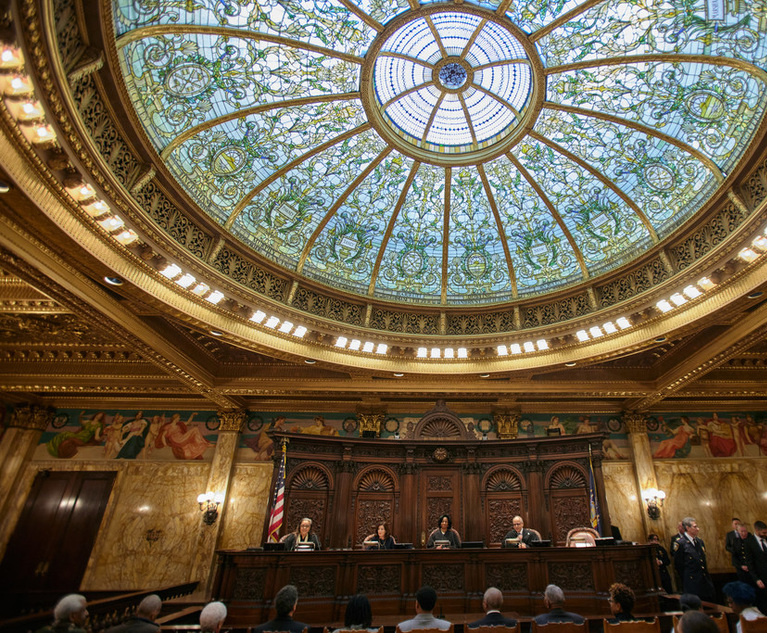The CPLR promises an appeal to any party denied summary judgment on the merits. However, once final judgment is entered, any interlocutory appeal is dismissed, and the denial of summary judgment is rendered unreviewable on the ground that it does not “necessarily affect” the final judgment. This Catch-22 is the result of the interplay of the Court of Appeals’ decisions in In re Aho, 39 N.Y.2d 241, 248 (1976), and Bonczar v. American Multi-Cinema, Inc., 38 N.Y.3d 1023, 1026 (2022), which together reduce the CPLR’s promise to a race against time for litigants and appellate courts. This cannot be what the CPLR’s drafters envisioned as “the just, speedy and inexpensive determination of every civil proceeding.” CPLR 104.
CPLR 5701(a)(2) permits appeal of right to the Appellate Division from an order “where the motion it decided was made upon notice and it … (iv) involves some part of the merits; or (v) affects a substantial right.” The result is a ubiquity of interlocutory appeals, a distinctive feature of New York appellate practice.


 Credit: Bigstock
Credit: Bigstock




